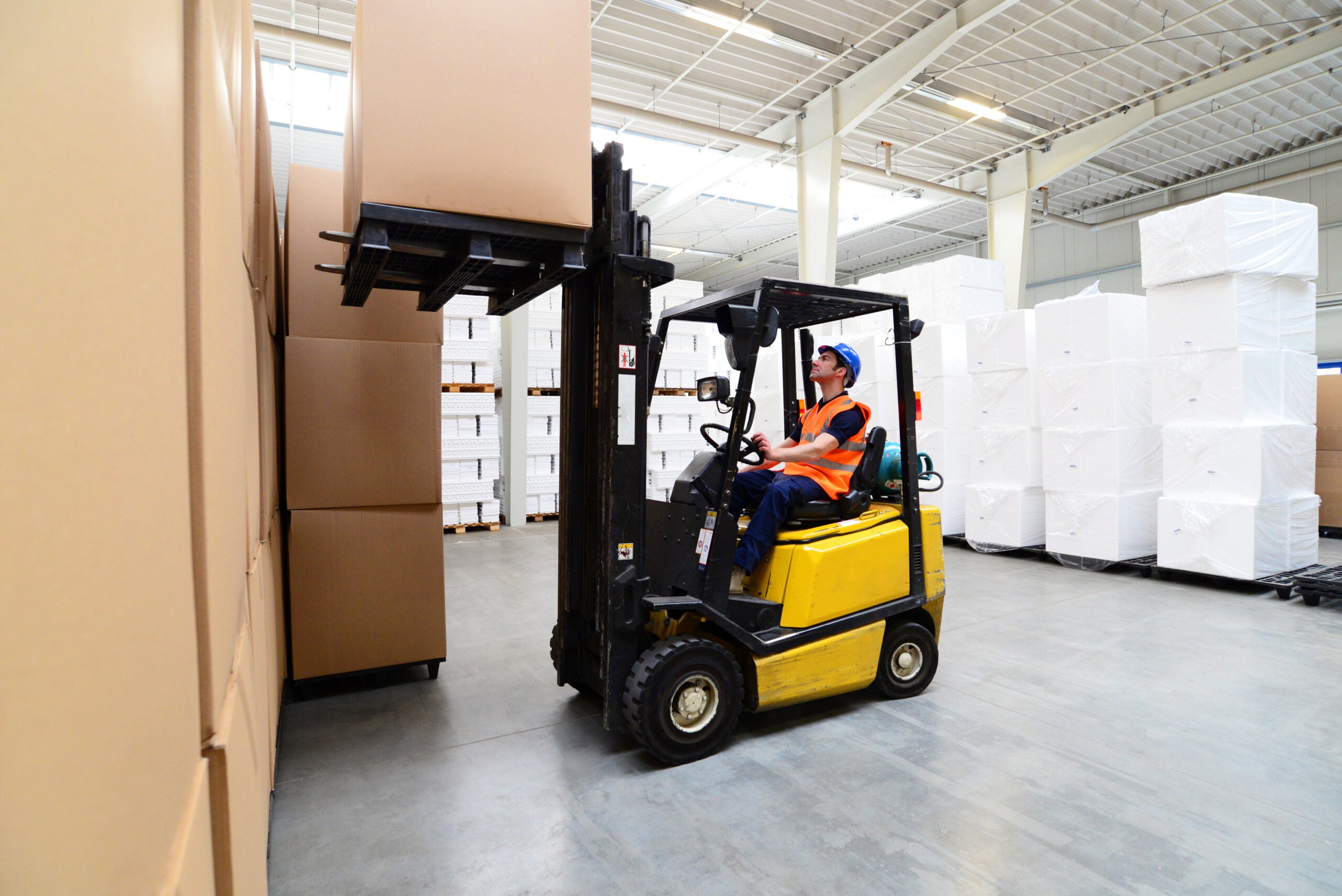8 Often-Overlooked Costs of Equipment Ownership That Make Forklift Rental a Good Option
By: Lyle Small

Owning a forklift is not just a one-time investment; it’s a long-term financial responsibility that lasts until the end of the machine’s lifespan. Maintaining and managing a forklift comes with its own set of ongoing costs, many of which only become apparent after acquiring a unit. Fortunately, ownership is not the only way of being able to utilize this essential equipment.
Many trusted manufacturers offer forklift rental services to businesses and facilities in the warehousing, logistics, and manufacturing industries. This is a more economical and flexible way of accessing reliable equipment when needed, without the financial and logistical burdens of ownership. It’s particularly appealing for businesses looking to build or grow their fleet while keeping costs manageable. Opting to rent forklifts instead of buying the units outright allows your business to skip these often-overlooked costs of forklift ownership:
Initial Purchase Price and Subsequent Depreciation of the Unit
Forklifts are a hefty financial investment, and as such, businesses that acquire them tend to focus on the prices of the units on the market. However, it’s also important to highlight that the value of the machine deteriorates over time. This means that selling or trading the fleet in the future may not be enough to recoup your company’s investment in them.
Considering that forklifts typically experience heavy use or undergo costly repairs during their service lifetimes, the residual value of a unit can be lower than anticipated. If you’re renting forklifts, the declining value of the rental unit or fleet is not a particular concern for your business, as you’re only paying for the equipment during the period you need it.
Routine Maintenance and Repairs During the Forklift’s Lifetime
Part of being a responsible business with a forklift fleet is keeping up with the units’ regular maintenance. This is essential to preserve the functionality of the machine as well as ensure its safe operation. Forklift upkeep and maintenance can include regular oil changes, tyre replacements, and battery upkeep, all of which can become a recurring expense. In case of a breakdown, businesses also need to shoulder the cost of repair and the losses due to disruptions in their operations. In rental arrangements, maintenance is often covered by the rental provider, thus saving the business money.
Long-term Storage and Parking Costs When the Machine Is Not in Use
Forklifts require proper storage when not in use, especially during off-seasons or downtimes. Businesses that don’t have adequate storage space may need to invest in a covered storage facility to protect the equipment they own from weather damage or theft. Renting eliminates the need to worry about storage. Once your business is done using the forklifts, you can simply return the rental equipment to the provider.
Insurance and Compliance Requirements
Owning a forklift means that the business needs to take on the cost of insurance to cover risks like damage, theft, or liability. The business must also make every effort to ensure the equipment complies with safety regulations, which may involve regular inspections and certification processes. Rental providers typically handle these compliance and insurance requirements for their clients. This frees your business from needing to shoulder such additional responsibilities and costs.
Training and Certification Costs for the Operators
It’s important for forklift operators to receive proper training in using the equipment. This allows them to maximise the functionality of the unit while ensuring its safe operations. Businesses that own forklifts must invest in updating the certifications of their operators. This additional training is an essential safety measure to protect their assets and people, but it also represents an additional cost, especially for facilities with a high turnover of operators.
This shouldn’t be an issue for businesses that use rental equipment. Forklift rental companies often provide trained operators as part of their service. They also offer assistance in arranging certifications, further reducing the burden on your business.
Customisation and Attachments for the Unit
Depending on its operational needs, a business may be required to purchase attachments such as side shifters, clamps, or fork extensions for a forklift unit or fleet. The cost of these accessories, of course, is not included in the price of the basic forklift model. There are certainly differences in the rates of renting a basic forklift model and one that has accessories. However, the rental cost for these accessories is significantly smaller than purchasing them upfront.
Limited Flexibility for Seasonal or Temporary Needs
Owning a forklift might make sense for ongoing, everyday use, but it’s less practical for seasonal or project-specific demands. If your facility will not be able to regularly use the forklifts, then the fleet will sit idle for part of the year and your business won’t be able to maximise its investment. Renting gives your facility the flexibility to scale up or down as needed. By choosing to engage the services of a rental provider, you can ensure that your business will only pay for the equipment while it’s contributing to your productivity.
Energy and Fuel Costs for Operating the Vehicle
The long-term operating costs of forklifts vary depending on the type of power they use, which can be diesel, LPG, or electric. While these costs might seem manageable initially, they can accumulate over time. For example, electric forklifts may require costly charging infrastructure, while fuel-powered machines involve fluctuating energy prices. With a rental, these costs are either reduced or included in the rental fees, simplifying your facility’s budget.
Purchasing a forklift can be a significant investment, but it’s important to consider the additional costs that may arise over time. Renting not only reduces the financial strain of buying such equipment but also provides flexibility and convenience to businesses. By choosing rental over ownership, your business can focus on streamlining its operations without being weighed down by long-term commitments.
717 Views












